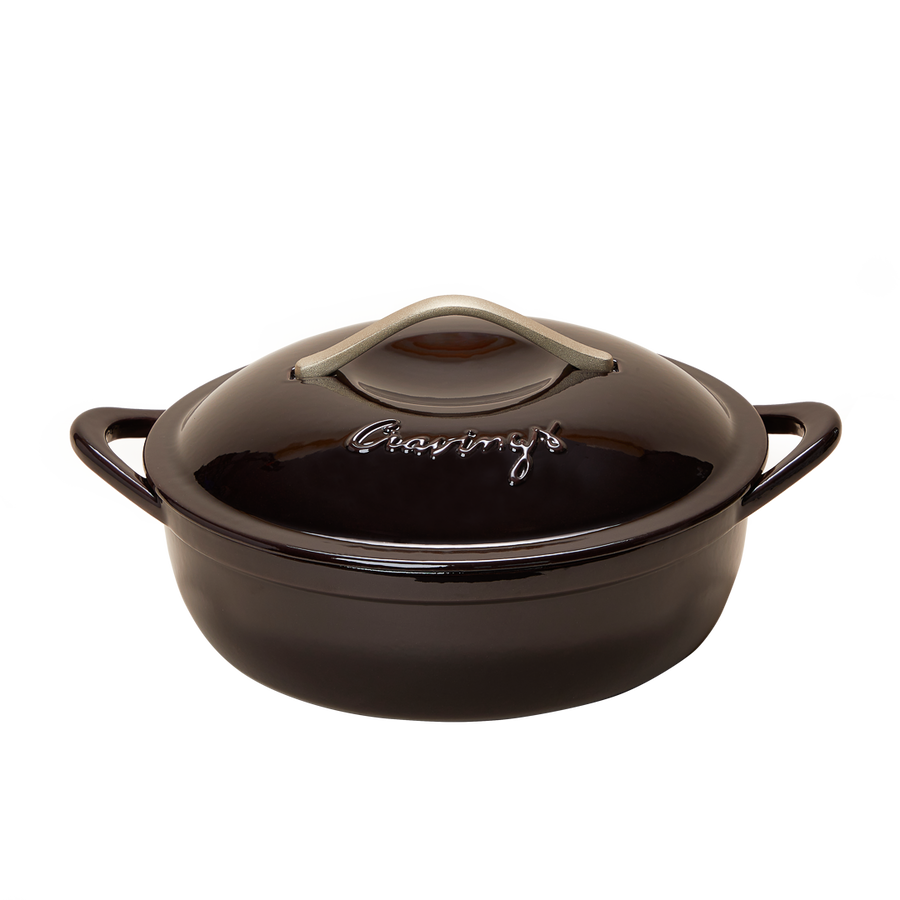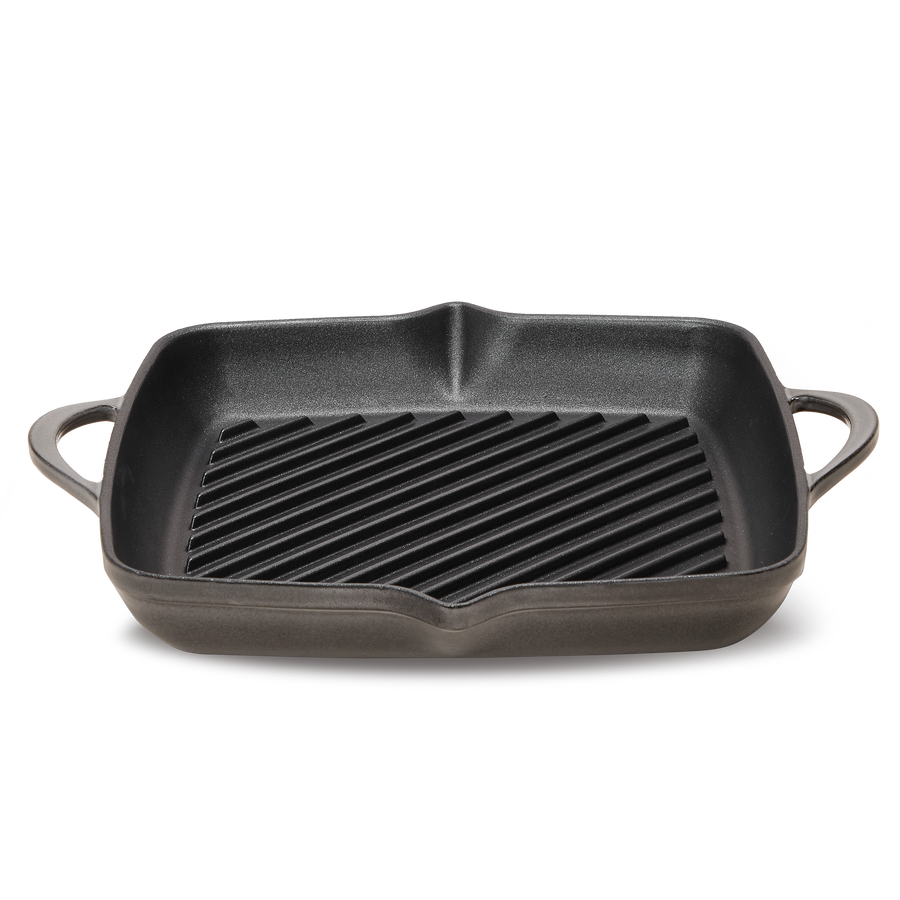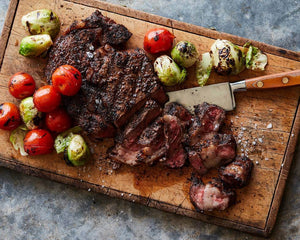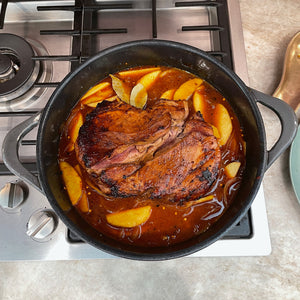One of our all-time favorite kitchen techniques happens to be the simplest: marinating. Using a marinade is minimum effort, maximum reward. Let meat or fish hang out in a flavorful bath in the fridge for a few hours (or overnight) and it is guaranteed to be tender and tasty when you cook it. Check out some tips and tricks for marinating any kind of meat to maximize deliciousness!
What is a Marinade and Why Should I Use One?
The term marinade is just a sauce that you submerge a protein in to help pack in flavor, tenderize the meat, and just make your food taste really, really good. There are SO many types of marinades you can make, depending on which protein you’re using (meat or seafood or even tofu!), with sauces that range from light and citrus-based to thicker, sweeter glazes.
THE BEST TYPES OF MARINADES FOR EACH PROTEIN
BEEF, LAMB, AND PORK
If you’re cooking beef, lamb, or pork, you want a marinade that contains acids, oil, and thicker sauces or pastes. Acids, such as lemon and lime juice, help get the meat superrrr tender and juicy, while sauces like soy sauce, chili paste, or miso work to balance out the acidity and provide a savory boost! The oil is arguably the most important part, as it helps emulsify the marinade into a thicker sauce that makes it infinitely easier to coat the meat AND can ensure that your food will cook more evenly. With steak, you can marinate it for up to 24 hours to really tenderize the meat and let that flavor absorb.
CHICKEN AND POULTRY
Chicken can stand up to most of the ingredients you’d use to marinate beef, but one key John-approved hack is marinating chicken in buttermilk (or even yogurt), which has cultures that work to break down proteins in chicken aka tenderize the meat. Another trick is to create a brine (a mixture of salt and water with herbs and seasonings to enhance flavor and moisture) that you’d typically soak lower-fat meats in (like chicken) to get that juicy, melt-in-your-mouth texture.
SEAFOOD AND SHELLFISH
When it comes to preparing fish, go a little lighter with the ingredients. Acid-based marinades (lemon or vinegar) work best for fish, herbs provide tons of strong flavoring, and oil can help prevent the fish from drying out. Unlike meat, fish requires shorter periods of marinating time, otherwise the acidity can actually cook the fish and turn it into ceviche (which is delicious, but not what we’re going for here!). For best results, marinate seafood up to 30 minutes but don’t go beyond one hour.













